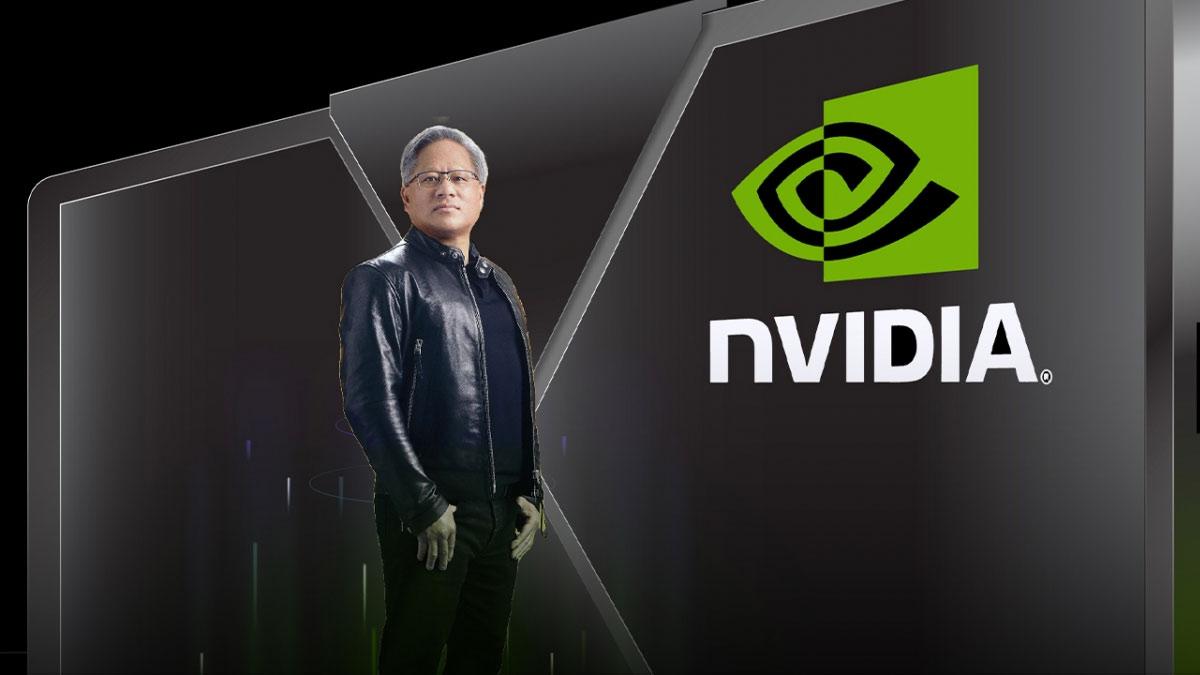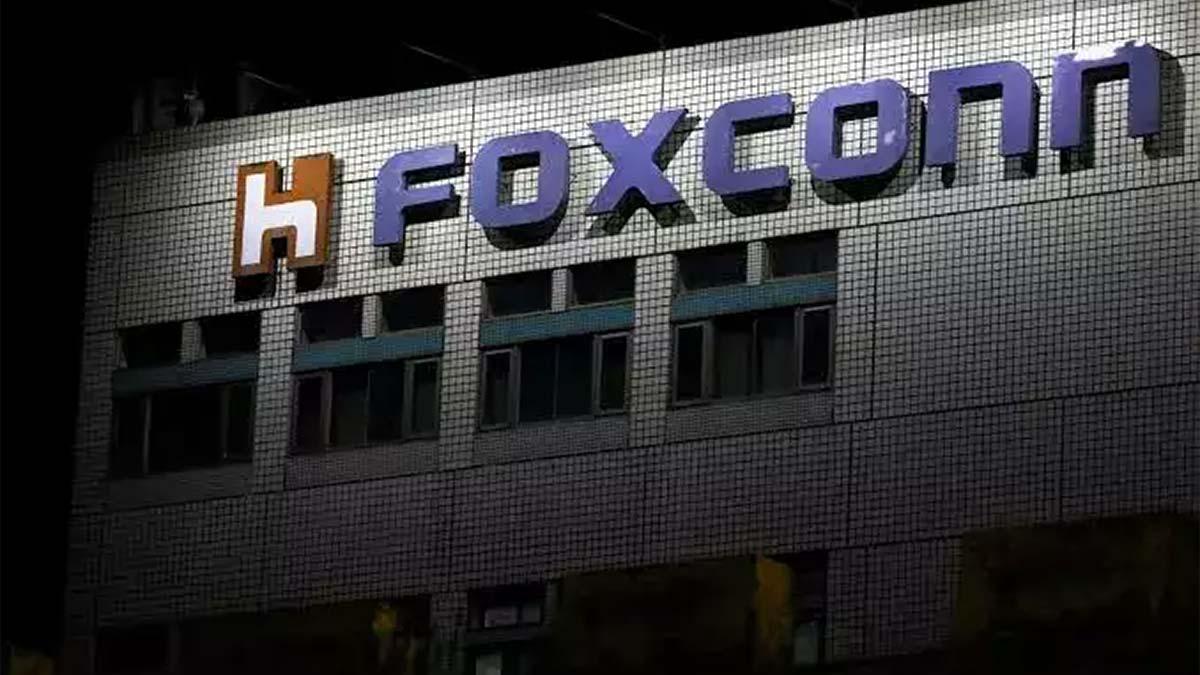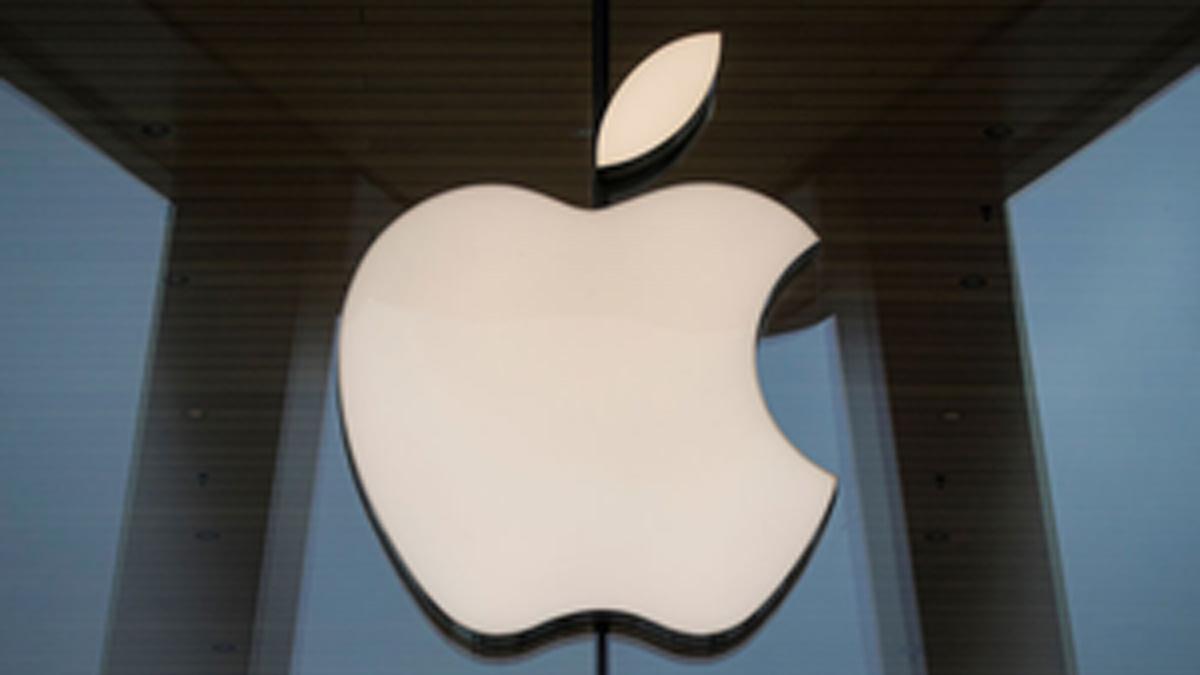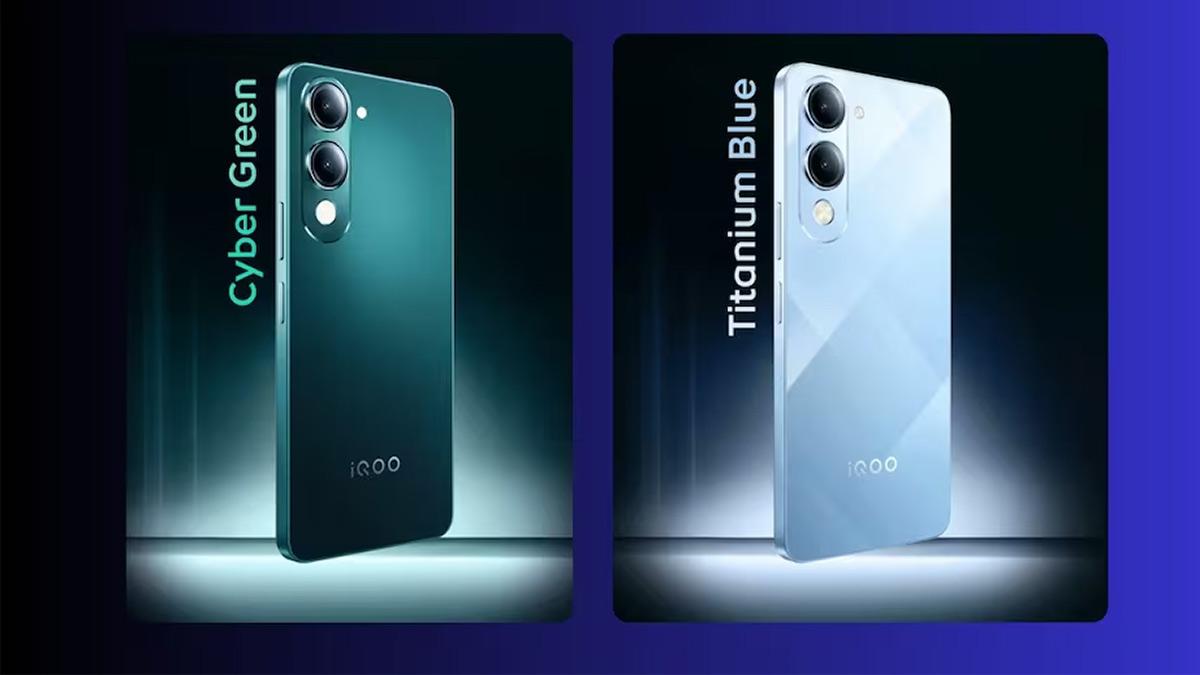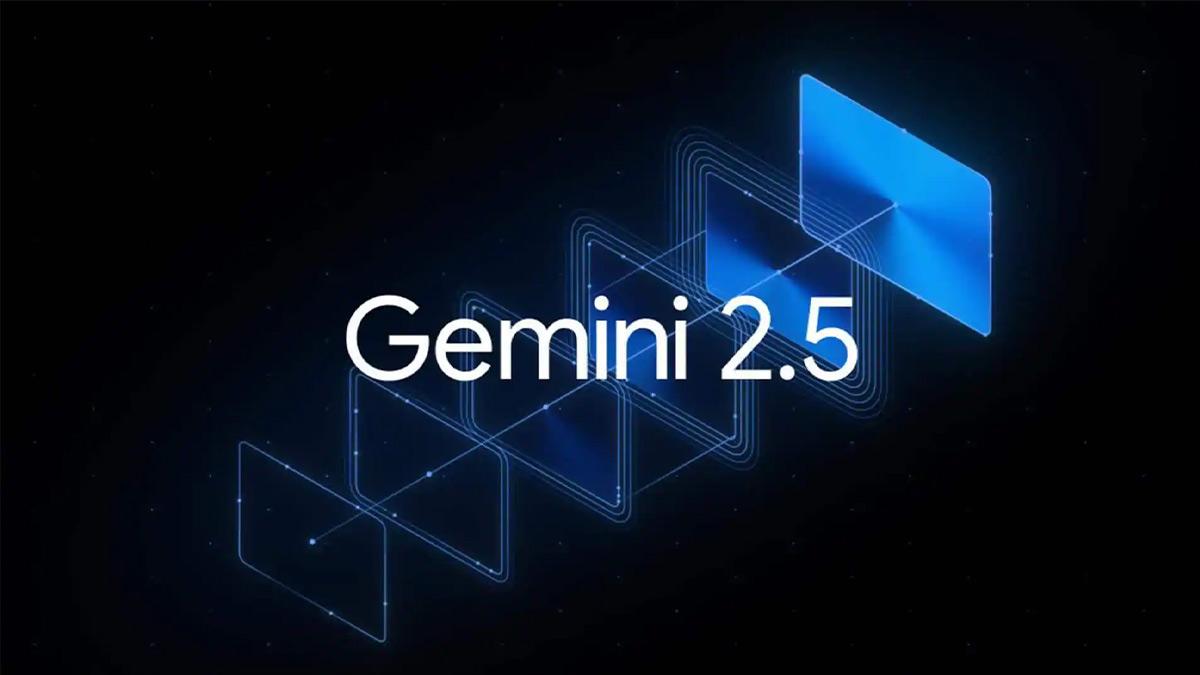Nvidia has again risen to the top of the world market, pushing both Microsoft and Apple to second and third positions as the world's most valuable publicly traded company.
As of June 26, 2025, Nvidia's market cap rose to a record $3.77 trillion with its shares closing at $155.02 per share—entrenching it at the forefront of the fast-changing landscape of artificial intelligence.
From Humble Beginnings to Global Tech Titan
Nvidia's rise to prominence is an inspiring story of exponential expansion. In 2000, one year following its IPO, the company had a modest valuation of $2.4 billion. In 2003, it had crept up to $3.7 billion. Jump forward to the present day, and its market cap has swelled more than 100,000%, fueled partly by its virtual monopoly in AI hardware and increasing domination of cloud computing and data center technologies.
What's Driving Nvidia's Meteoric Ascent?
Nvidia's success is rooted in its unparalleled dominance in AI chips. Its GPUs have set the industry standard for driving artificial intelligence applications, ranging from training advanced language models to enabling robotics and autonomous systems.
A big driver has been its Blackwell platform, a future-generation AI chip architecture that underlies everything from hyperscale cloud infrastructure to generative AI applications. A report by CNBC came out that Nvidia has already taken through 2026 the entire server manufacturing capacity of Taiwanese firm Wistron. The move not only ensures consistent supply but also keeps competitors at bay.
A Stock on Fire
Nvidia's Wall Street performance has been nothing less than phenomenal:
170% jump in 2024
36% return in the last three months
More than $500 billion of market value added in the last month alone
Current stock price: $155.02 (as of June 26)
Loop Capital has raised its target price to $250, predicting Nvidia can be the first $6 trillion company if demand momentum continues. There is still considerable upside, according to analysts, particularly as AI uses extend into more industries.
Is There More Room to Grow?
Yes, all indications say so.
The world AI market is set to double more than once, from $235 billion in 2024 to over $630 billion in 2028.
Cloud giants such as Microsoft, Amazon, and Google are all dependent to a great extent on Nvidia GPUs to support their AI activity.
Nvidia CEO Jensen Huang has given hints at increasing further into high-potential spaces such as robotics and self-driving cars, which are still at the infant stages of AI utilization.
Nvidia's strong hold on manufacturing resources also makes it not just a technology powerhouse but a logistics giant in the worldwide supply chain.
What's Next for Nvidia—and What Investors Should Know?
Nvidia is now more than just a chipmaker; it's a cornerstone pillar in the worldwide AI ecosystem. As companies from defense to healthcare double down on integrating AI, demand for Nvidia's solutions should keep rising.
Analysts suggest that Nvidia's singular combination of technological superiority and manufacturing dominance provides it with one of the most defendable moats in the technology industry. In contrast to previous rallies based on hype, Nvidia's rise is based on solid fundamentals and ubiquitous real-world adoption.
A Historic Milestone with More to Come
Nvidia's evolution from humble graphics card producer to the world's most valuable company embodies the potential and potential of artificial intelligence. Its ongoing innovation, strategic collaborations, and aggressive push into new markets hint at this being only the beginning.
As Nvidia sets the course for future computing and AI, it could well go on rewriting the playbook for global tech superiority—chip by chip.

